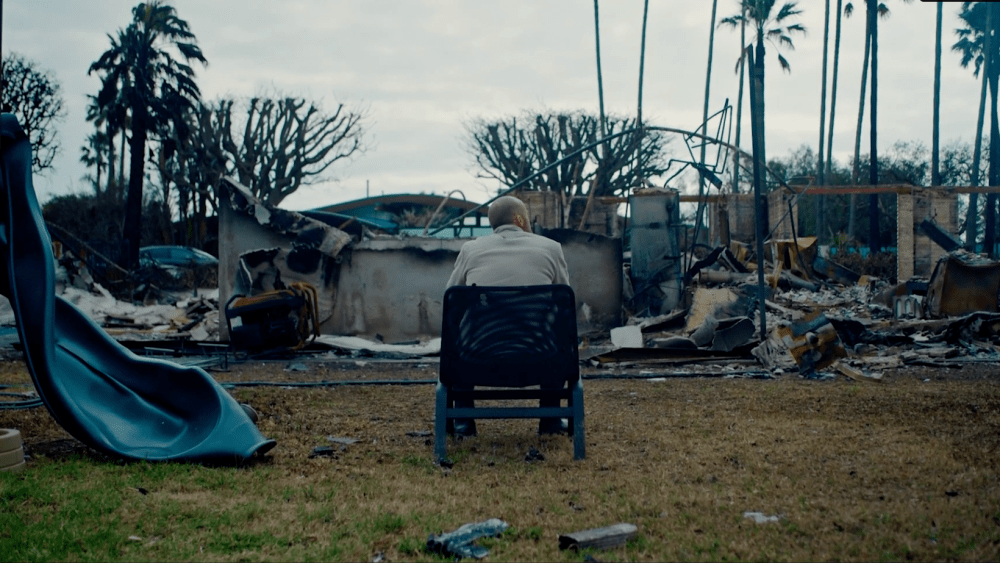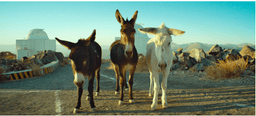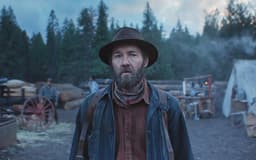Home / Arts and Entertainment / Wildfire Survivors Reclaim Their Homes Through Powerful Documentary
Wildfire Survivors Reclaim Their Homes Through Powerful Documentary
15 Oct
Summary
- Documentary "Big Rock Burning" captures stories of Pacific Palisades fire victims
- Film executive produced by Mark Hamill and Ricki Lake
- Filmmaker bypassed distributors to release film directly to audiences

In the aftermath of the devastating 2025 L.A. wildfires, a powerful documentary has emerged to capture the stories of those impacted. "Big Rock Burning," a 30-minute film directed by local resident David Goldblum, who lost his own home in the blaze, premiered on Vimeo on Wednesday.
The documentary, executive produced by renowned actors Mark Hamill and Ricki Lake, follows the residents of Pacific Palisades as they grapple with the aftermath of the fires and the process of rebuilding their destroyed neighborhoods. The film was released directly to audiences, bypassing traditional distribution channels, as the filmmakers sought to provide closure and aid the healing process for the affected communities.
Following the reported arrest of suspected arsonist Jonathan Rinderknecht, the filmmakers felt it was crucial to make the film available as soon as possible. "People need closure, and we hope this release helps communities begin to heal," said Goldblum in a statement. The film has already premiered at Malibu City Hall and is set to screen at various film festivals, including the Mill Valley Film Festival and the SCAD Savannah Film Festival.




